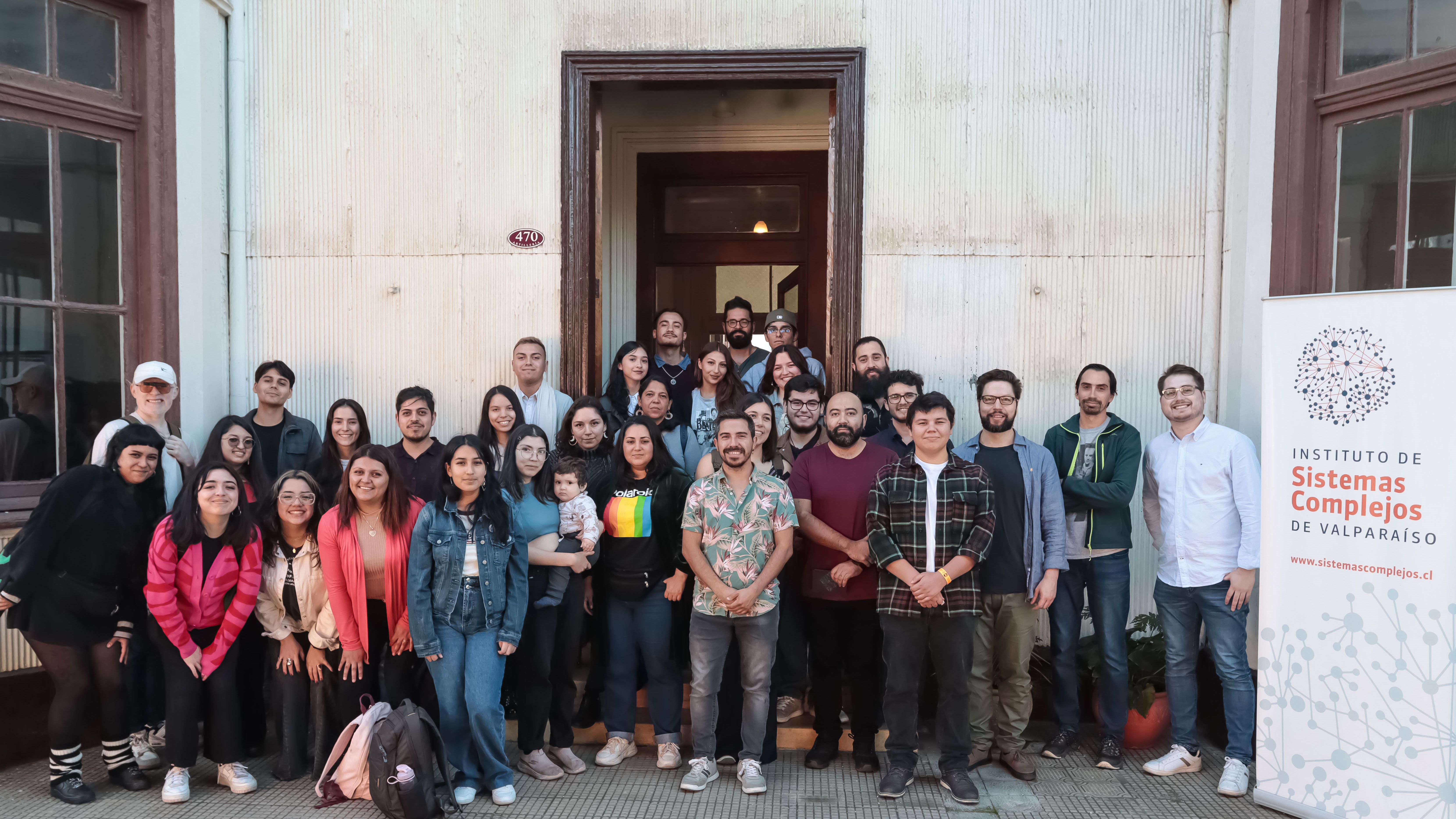The workshop “Conceptual Discourses in Computational Psychiatry and Cognitive Science” was held at the Institute for Complex Systems in Valparaiso, an activity framed in the regular Fondecyt project 1221058 “The Geometry of Delirium”, by Professor Pablo López-Silva, from the UV School of Psychology. The meeting was held in cooperation with the University of Talca and had a high participation of last year students in psychology and graduate students, in addition to researchers and teachers from different cities in the country.
The workshop has also sponsored the Facso UV 2/2021 project.
As Dr. Lopez explains, the significance of the meeting “is that this area of research has not been explored in Chile, so public funds are used to bring in and develop areas that, firstly, are not developed and, secondly, have an impact on mental health, which is not entirely a theoretical question. He also seeks to put Valparaiso University in the process of bringing up new issues.”
Regarding how difficult mental health is currently in the country, the researcher points out, “One of the current problems in this field is that it has no practical ways to deal with mental health conditions. One way to explore it in a practical way is through computational psychiatry, which allows us to predict With certain things, and to the extent that we can predict risk situations, that can guide more preventive policies.”
Delving deeper into the idea of predictions, Pablo López points out: “Computational psychiatry is based on the assumption that the brain is a machine for making predictions. So if we have a model of the way the brain makes predictions, we can make better-informed interventions.”
The topic should be addressed, according to the academic, taking into account the intersection with neurological elements, “because creating databases of predictive models, for example, means accessing personal data.”
The workshop was held in two parts. The first was Predictive Treatment in Psychiatry, with presentations by doctors Jose M. Araya, from the Institute for Interdisciplinary Research and the Juan Ignacio Molina Institute for Human Studies (University of Talca) and Pablo López. The second part was titled “Cognitive Neuroscience,” and included presentations by psychologist Alejandro Lorca, of Valparaiso University’s School of Psychology and Cognitive Science Laboratory at UDD; Dr. José Luis Ulloa, from the Center for Research in Cognitive Sciences (Universidad de Talca), and Juan Carlos Oliveros, from the Center for Research in Cognitive Sciences (Universidad de Talca).

“Social media evangelist. Student. Reader. Troublemaker. Typical introvert.”

:quality(85)/cloudfront-us-east-1.images.arcpublishing.com/infobae/TEQF6EONZRFGLLLDIDD4L2O4EE.jpg)

:quality(75)/cloudfront-us-east-1.images.arcpublishing.com/elcomercio/XU32LRAEZFDDPNVHLFU3CKVBYY.jpg)



More Stories
Venezuela ranks fourth in female leadership in science and technology in Latin America
In Portuguesa and Sucre they explore the wonderful world of science
The university court overturns the expulsion of two teachers and a chemical sciences student